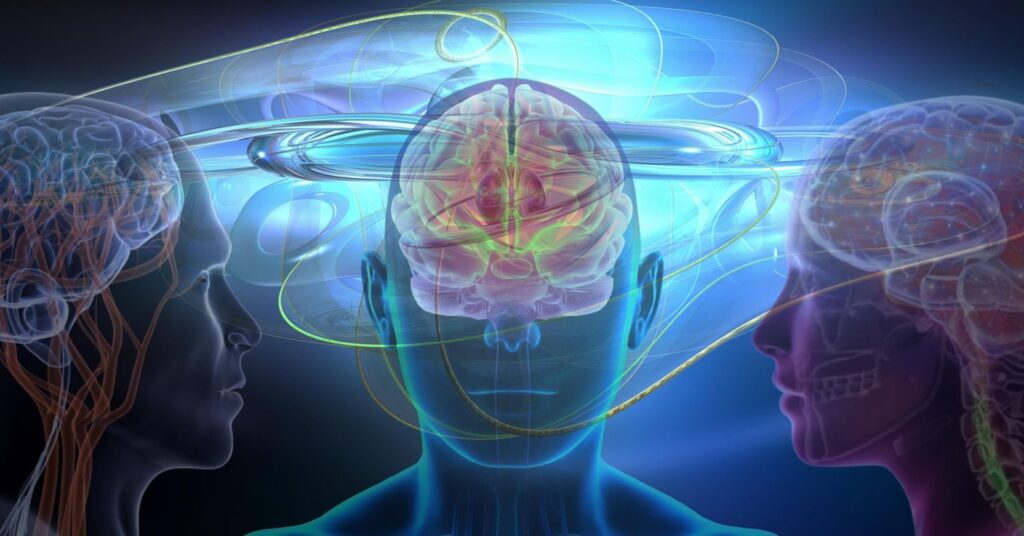Understanding Mental Health through the Relational Model
The traditional view of mental health diagnostics has often been rooted in an “atomic” concept of the mind—essentially viewing psychological conditions as isolated states within individuals. This perspective has its origins in Cartesian dualism, influencing the foundational theories of Freud and subsequent mainstream psychiatric approaches. In contrast, a developing paradigm shift emphasizes the importance of interpersonal dynamics and relational frameworks in understanding mental health.
The Relational Approach: A Paradigm Shift
The relational model of psychology signifies a transition from a focus on individual mental processes to an understanding grounded in the dynamics of relationships. This theoretical shift is referred to as the “psychology of two” and stands in stark contrast to traditional views that treat the mind as a private entity, separate from social interactions. This evolution in thinking stems from a rich history within psychoanalytic theory, notably including contributions from early theorists like Sandor Ferenczi, who challenged the medicalized conception of mental disorders.
Empirical Evidence Supporting Relational Dynamics
Recent research underscores that individuals are inherently relational beings from birth. Studies on early childhood development have shown that infants are responsive to their environments, emphasizing the social and interpersonal contexts that shape psychological experience. Neurobiological findings support this, revealing that emotional and cognitive processes are intricately linked to attachment experiences and social interactions with caregivers. Thus, contemporary neuroscience affirms that our understanding of the mind must consider the relational frameworks within which it operates.
Rethinking Mental Disorders
As the framework shifts towards a relational understanding, it raises significant questions about diagnosing mental disorders. Traditionally, the Diagnostic and Statistical Manual of Mental Disorders (DSM) characterizes these disorders as “personal dysfunction,” which implies an isolated experience. However, this categorization overlooks the profound impact of social interactions and relationships on mental health outcomes.
The relational model proposes a “sociopsychobio” approach, which emphasizes the interconnectedness of social experiences and psychological states. This model posits that symptoms must be understood within the context of interpersonal relationships and social environments. Recognizing the influence of social dynamics allows for a more nuanced understanding of behaviors traditionally diagnosed as individual dysfunction.
The Ethical Implications of Diagnosis
Diagnosing mental disorders without considering relational factors presents ethical dilemmas. By isolating the individual from their relational context, the traditional model risks perpetuating stigma and misunderstanding regarding the underlying causes of psychological distress. For instance, feelings of worthlessness in depressive states are often attributed to internal deficiencies; however, these feelings can be heavily influenced by external perceptions and treatment by others.
An exclusive focus on individual pathology can inadvertently place blame on the person, obscuring the role of social and relational factors that contribute to psychological problems. Hence, a shift towards understanding these dynamics is not only scientifically sound but also a necessary ethical evolution in mental health practices.
Conclusion
Recognizing the relational nature of human psychology informs both our understanding and treatment of mental health issues. As we embrace a model that accounts for interpersonal dynamics and social contexts, we pave the way for more effective and compassionate approaches to therapy and diagnosis. Such shifts not only enhance our comprehension of mental health but also promote a more ethical practice that understands individuals within the rich tapestry of their relational environments.
